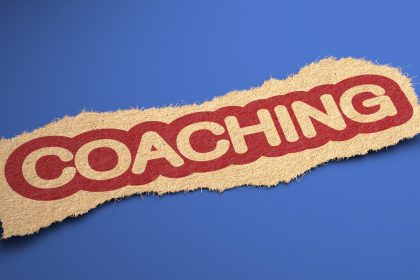The premise for coaching on the job is that the company offers coaching to an employee for the benefit of developing a leader, facilitating change or transition, enhancing skill sets, creating buy-in, or increasing employee motivation on the job. Because the success of the executive coaching relationship, according to research, is primarily based on rapport and the coach having a model, an intentional approach to coaching makes sense.
The Center for Coaching Certification coaching model was described in previous blogs and is available in the book Coaching Perspectives and on the YouTube channel in the recording on coaching certification, so rather than review that level of detail here, the focus now is on rapport and the specific process within the coaching model.
A coach develops rapport by focusing on the coachee intentionally and completely. What does this mean? Intentionally means with an awareness of the coachee’s personality and learning style so that the coach recognizes how the coachee thinks, processes, and functions. With this awareness, the coach has the opportunity to flex their style, process, and language so that it is effective for the coachee.
The specific process for job-focused workplace coaching is in keeping with the coaching model. It utilizes the questionnaires provided to Certified Professional Coaches, starting with a different questionnaire than that used in whole-person coaching. Job-focused coaching starts with what is the third session in a whole-person approach. The questionnaire starts by asking the coachee what they want to focus on and works from that point.
What happens if personal issues do come up (as noted in the research cited in Monday’s blog) in executive coaching? Ideally, before beginning coaching, there is a clear understanding of the focus, whether other issues are to be addressed, and how much time is acceptable for personal issues.



